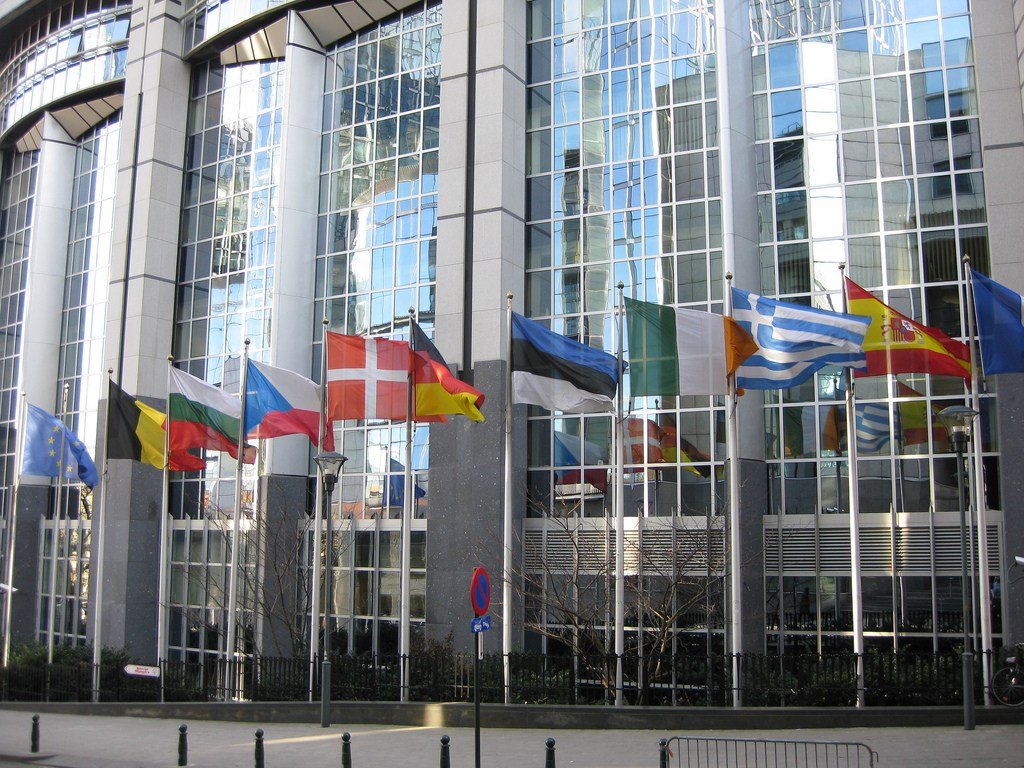
This article is written in response to the recent piece written by Brighton Kavaloh and George Clerk.
By Dominique Joseph Clem
There will be risks to our human rights and religious liberty protections if citizens of the United Kingdom choose to leave the European Union. However, I do think as well that there will also be risks on our human rights and religious liberty protections if voters choose to remain in the EU, and we need to keep a balanced view on the Brexit/Remain debate over human rights and religious liberty.[pullquote align=”right” cite=”” link=”” color=”” class=”” size=””]We need to keep a balanced view on the Brexit/Remain debate.[/pullquote]
Firstly, because if the UK exits the EU and choose to follow the Norwegian approach or the World Trade Organization (WTO) approach in its future dealings with the EU, our human right protections will be limited but many of EU human rights protections will still apply under these two approaches.
Secondly, let us also bear in mind that our human rights protection can still be under attack if the UK remains in the EU as the EU has its own human rights crisis. For example, several EU governments tend to go towards a new paradigm in which security takes priority over human rights. Unfortunately, under such paradigm, the rights of a majority can only properly be secured by sacrificing the rights of a minority suspected of terrorism.
Therefore, such danger of our human rights and/or religious liberty protections being under attack may come directly from the EU if the UK remains in the EU, or from within the UK if the UK exits.
Indeed, such political debate over whether or not the UK exit the EU brings to mind the Biblical prophecy found in the Old Testament book of Daniel, Chapter 2. In verse 43, it reads: “…they shall not cleave one to another” (1). This prophecy highlights the current situation of Europe in which poorer and richer countries try to politically and economically unite to implement fairer human rights or religious liberty policies but cannot fully succeed as the iron and clay cannot unite (Daniel 2:33).
Throughout Europe history, six men challenged this biblical prophecy, and they did not succeed. They were Charlemagne (8th Century), Charles V (16th Century), Louis XIV (17th and 18th Centuries), Napoleon (19th Century), Wilhelm II or William II (20th Century) and Hitler (20th Century). Moreover, nowadays David Cameron and Boris Johnson (21st Century), the former wants to remain in the EU and negotiate for better unifying policies and the latter wants to exit the EU and negotiate for better collaboration with the EU.
Whether or not the UK remains or exits the EU, the pattern of legal failures in Europe on human rights or religious liberty violations roughly reflects the economics of the European continent, with poorer countries least able to deliver fair and timely justice.
As Jago Russell, chief executive of the charity Fair Trials International, said in an article published in the Guardian in 2012: “Suspects’ rights are being violated in police stations, courtrooms, and prisons across Europe. In the European Union, founded on the rule of law and respect for basic human rights, these abuses cannot be allowed to continue. The EU has a crucial role to play in raising standards of justice in Europe, but if it fails to act now, citizens’ faith in EU laws such as the European arrest warrant will be undermined.” (2)
Indeed, let us be vigilant and address the possible attacks made on our basic human rights or religious liberty protections whether or not the UK remains or exits the EU.
Dominique Joseph Clem is the Public Affairs and Religious Liberty representative at the Balham Adventist Church.
(1) Daniel 2:43 King James version
(2) http://www.theguardian.com/law/2012/oct/10/human-rights-violations-european-union
###
Pictured: European flags in front of the European Parliament, Brussels – TPCOM/Flikr – Creative Commons
